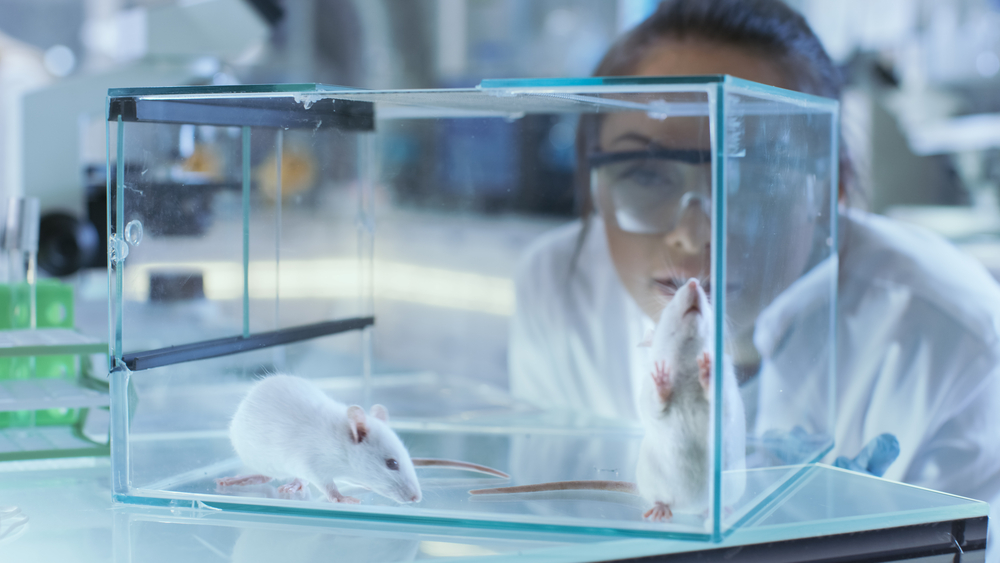Experimental Huntington’s Treatment Improves Memory, Other Brain Functions in Mouse Study

An investigational compound called VU0409551 could reverse memory deficiencies and improve learning, according to the results of a mouse study in Huntington’s disease.
The study, “The mGluR5 positive allosteric modulator VU0409551 improves synaptic plasticity and memory of a mouse model of Huntington’s disease,” was published in the Journal of Neurochemistry.
Huntington’s disease is caused by a mutation in a gene called huntingtin (HTT). This gene provides instructions to make the HTT protein, which is known to interact with a protein called metabotropic glutamate receptor 5 (mGluR5). This interaction plays an important role in the development of Huntington’s disease.
The mGluR5 protein exists in abnormally low quantities in brain regions that are mainly affected in Huntington’s disease. Studies have shown that mGluR5 is also involved in a process known as synaptic plasticity. Synapses are the junctions between two nerve cells that allow them to communicate; synaptic plasticity refers to the ability of synapses to strengthen or weaken over time. Synaptic plasticity contributes to learning, memory, and cognition.
The mGluR5 protein has been proposed as a potential therapeutic target to treat memory deficiencies related to Huntington’s disease.
A research team from Universidade Federal de Minas Gerais, in Belo Horizonte, Brazil and Vanderbilt University, in Nashville, investigated the capacity of VU049551 — an activator of mGluR5 activity — to rescue memory deficits in a mouse model of Huntington’s disease.
VU0409551 was administrated daily for eight days. The treatment was able to rescue memory, measured as the capacity of mice to recognize an old object placed in a new location. The recognition capacity in VU0409551-treated mice was similar to that of healthy animals.
The team also found increased levels of mGluR5 protein in the brains of mice treated with the compound, which led to an improved expression of genes involved in synaptic plasticity. Gene expression is the process by which information in a gene is synthesized to create a working product, like a protein.
These results suggest that VU0409551 may be a promising therapeutic agent to reverse memory impairment typical in several neurodegenerative diseases, including Huntington’s disease.






